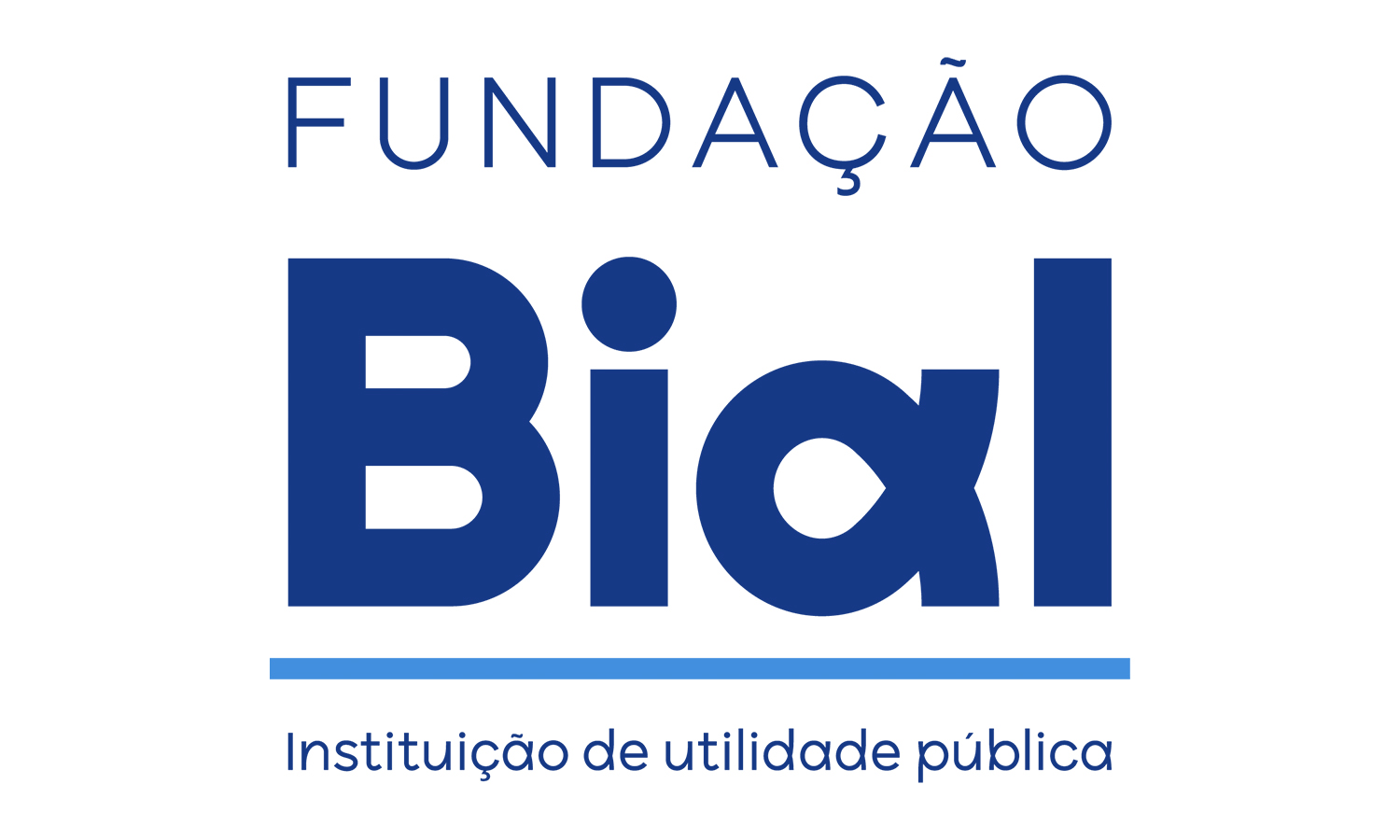Bo Yao, da Universidade de Manchester, publicou na revista NeuroImage as mais recentes conclusões do projeto 284/18 - Testing a neurophysiological model of inner speech processing, apoiado pela Fundação BIAL, no artigo Reading direct speech quotes increases theta phase-locking: Evidence for cortical tracking of inner speech?
“Growing evidence shows that theta-band (4–7 Hz) activity in the auditory cortex phase-locks to rhythms of overt speech. Does theta activity also encode the rhythmic dynamics of inner speech? Previous research established that silent reading of direct speech quotes (e.g., Mary said: “This dress is lovely!”) elicits more vivid inner speech than indirect speech quotes (e.g., Mary said that the dress was lovely). As we cannot directly track the phase alignment between theta activity and inner speech over time, we used EEG to measure the brain's phase-locked responses to the onset of speech quote reading. We found that direct (vs. indirect) quote reading was associated with increased theta phase synchrony over trials at 250–500 ms post-reading onset, with sources of the evoked activity estimated in the speech processing network. An eye-tracking control experiment confirmed that increased theta phase synchrony in direct quote reading was not driven by eye movement patterns, and more likely reflects synchronous phase resetting at the onset of inner speech. These findings suggest a functional role of theta phase modulation in reading-induced inner speech.”

































































































